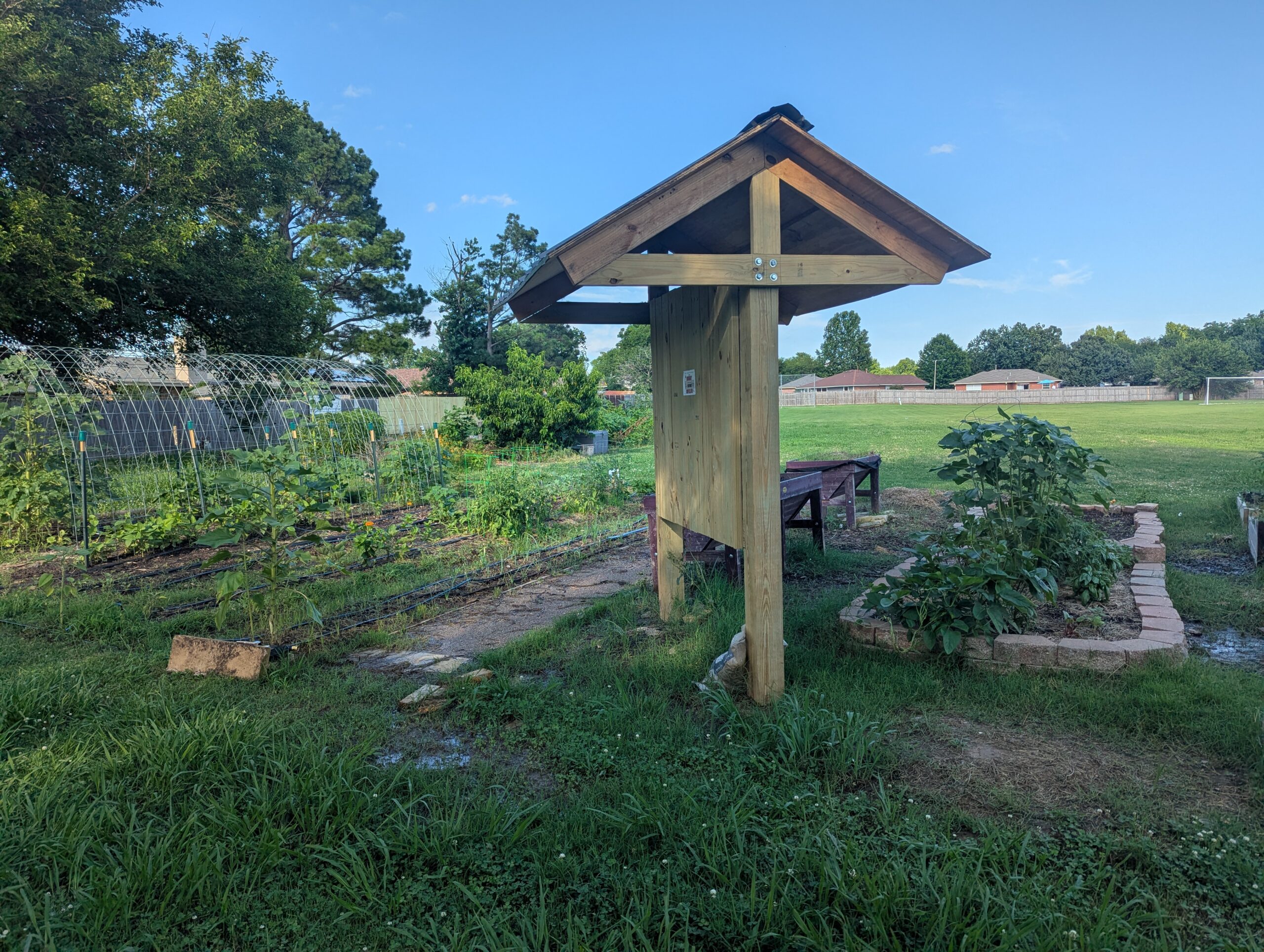Beau D.J. Gaitors is an assistant professor of history at Winston-Salem State University in the Department of History, Politics, and Social Justice. Dr. Gaitors lives in Winston-Salem, North Carolina, and has been a member of the AHA since 2010.
Website: https://www.wssu.edu/profiles/gaitorsbd/index.html
Twitter: @BeauGaitors
Instagram: Blacks_in_the_americas
Alma mater/s: BA (international relations), Brown University, 2008; BA (Africana studies), Brown University, 2008; MA (history), Purdue University, 2010; PhD (history), Tulane University, 2017
Fields of interest: Latin America, African diaspora, Mexico, Atlantic world

Beau D.J. Gaitors is an assistant professor of history at Winston-Salem State University in the Department of History, Politics, and Social Justice.
Describe your career path. What led you to where you are today? I initially became passionate about history and becoming a professor when I took a course as an undergraduate student titled Blacks in Latin American History and Society. The professor of that course, Anani Dzidzienyo, inspired me to think critically about Latin American history, the African diaspora, and politics. Beyond the course I constantly witnessed his influence on many undergraduate and graduate students in their professional and personal development. That course and that professor instilled a passion in me to spark the minds of those who will impact the future in a variety of ways. I realized that history and the professoriate provides ample opportunities for interactions of that nature.
What do you like the most about where you live and work? I am very fortunate to teach at Winston-Salem State University where the students are extremely motivated, respectful, and goal oriented. Beyond that, my colleagues constantly provide me insights in terms of teaching, time management, and other aspects of the professoriate. The familial sense of community at this Historically Black University is enriching and invigorating daily. Apart from the institution, I truly love living in North Carolina and the range of landscapes and serene views that I have experienced. I truly believe that I landed at the perfect fit for me.
What projects are you currently working on? I am currently working on my manuscript focused on the position of Veracruz and its inhabitants as a central space of commerce during the early decades of Mexican independence. I am also completing my article entitled “Commerce, Conflict, and Contamination: Yellow Fever in Early-Independence Veracruz in the US Imaginary (1821–1848),” which focuses on the impact of yellow fever on trade relations between the US and Mexico during the first three decades of Mexican independence.
What’s the most fascinating thing you’ve ever found at the archives or while doing research?The most fascinating thing that I have ever found at the archives was a list of Spanish women that the Mexican government created during the expulsion of Spaniards from Mexico in the 1820s. That document listed the location of the women, their ties to Spanish militiamen, and the reasons to expel them from the nascent nation. It truly put in context the wide net cast in terms of national identity and the concern of Mexican government officials for citizenship and inhabitants.
What do you value most about the history discipline? I value the opportunity to analyze historic context and make comparative analysis to current events. I also value the multiple perspectives to engage a particular historic topic.
Why is membership in the AHA important to you? The membership provides opportunities to stay updated on scholarship, teaching strategies, and administrative developments in the field of History. I am always pleased with the networking opportunities provided by the AHA. And the annual meeting provides excellent chances to learn about the wide range of topics that historians are currently working on.
AHA members are involved in all fields of history, with wide-ranging specializations, interests, and areas of employment. To recognize our talented and eclectic membership, AHA Today features a regular AHA Member Spotlight series.
This post first appeared on AHA Today.
This work is licensed under a Creative Commons Attribution-NonCommercial-NoDerivatives 4.0 International License. Attribution must provide author name, article title, Perspectives on History, date of publication, and a link to this page. This license applies only to the article, not to text or images used here by permission.



